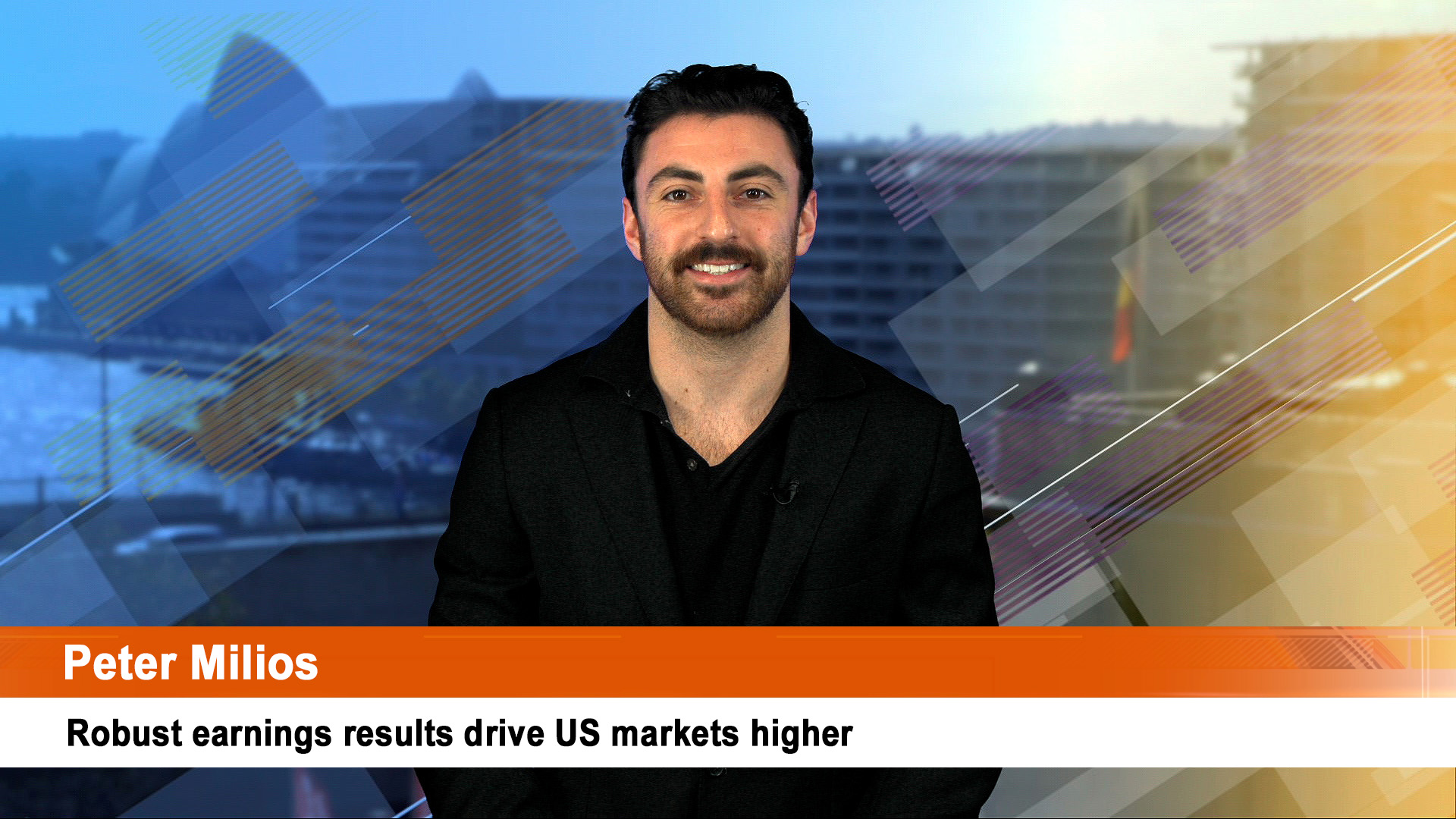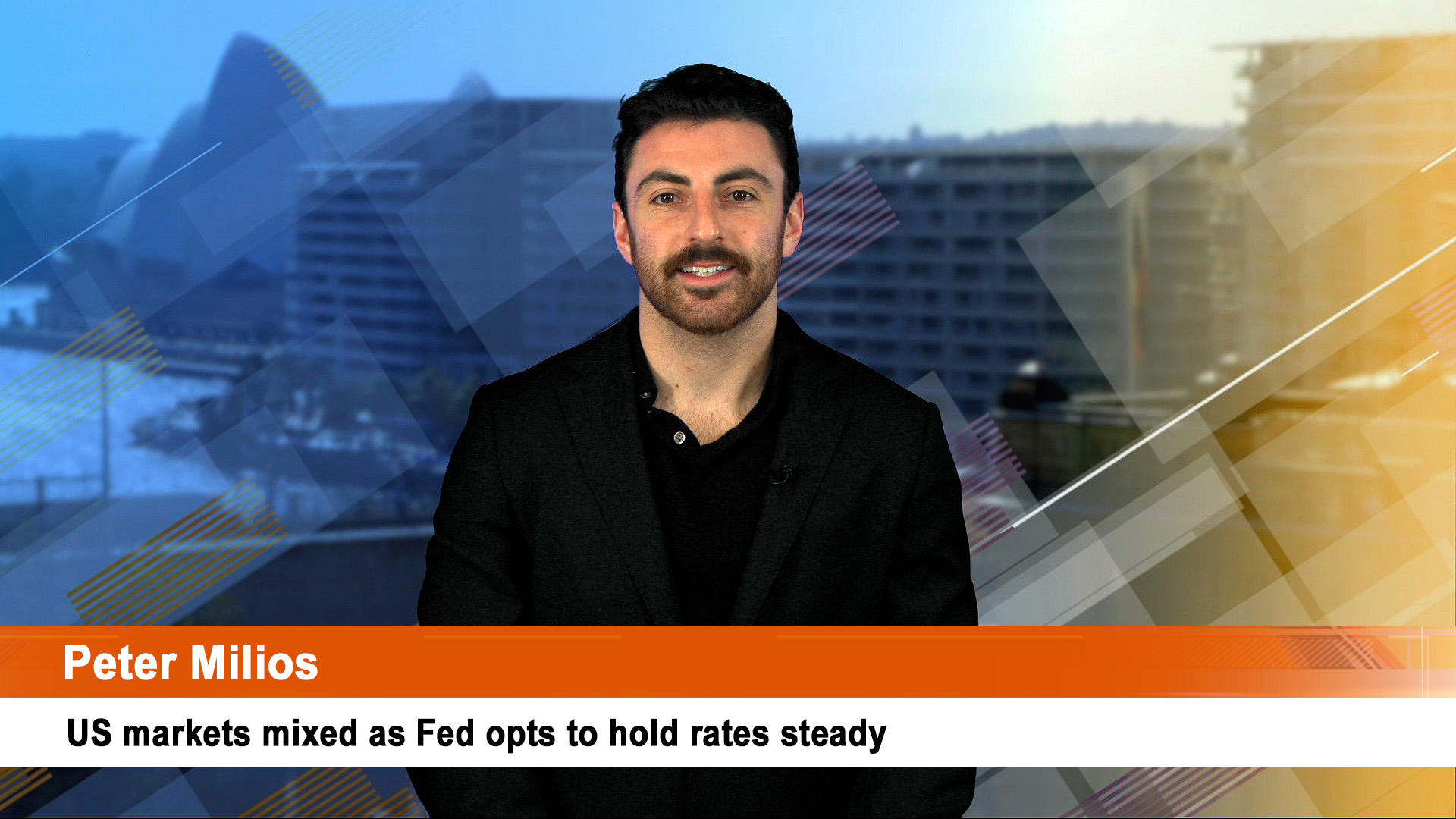Macquarie Group CEO Shemara Wikramanayake has revealed a rise in first quarter profits for the investment bank, buoyed by the global volatility in commodities markets and rising interest rates.
But she also warned that “trading conditions did soften during the quarter.” in a similar fashion to the way Rio Tinto CEO, Jakob Stausholm described conditions at the end of the June quarter as “challenging”.
In its outlook statement, Macquarie said: “We continue to maintain a cautious stance, with a conservative approach to capital, funding and liquidity that positions us well to respond to the current environment.”
Before the company’s annual shareholder meeting on Thursday, the CEO said Macquarie’s various businesses delivered a higher profit contribution in the three months to June, compared with the same period last year.
Macquarie said its flagship asset management division, and its fast-growing retail banking unit, had a combined contribution that was up “significantly,” mainly because of asset sales by the asset manager.
Its more volatile divisions – investment banking business Macquarie Capital and its commodities and global markets arm – had a combined profit contribution that was up “slightly.”
Macquarie said the small rise was “primarily due to strong results across the Commodities platform in CGM including the impact of timing of income recognition on gas transport and storage contracts and higher investment–related income in Macquarie Capital, partially offset by the sale of the CGM UK commercial and industrial smart meters portfolio in 1Q22.”
“Macquarie Capital’s fee and commission income was up on 1Q22 driven by mergers and acquisitions and debt capital markets activities, partially offset by lower equity capital markets activity. Increased investment-related income compared to 1Q22 was primarily due to asset realisations and an increase in the credit portfolio,” Macquarie said.
“During the quarter, Principal Finance deployed over $A2.5 billion through focused investment in credit markets and bespoke financing solutions, with a total portfolio of over $A17 billion, including a credit portfolio of over $A15 billion, at 30 June 2022,” Macquarie said.
The company said its financial services arm saw growth in the quarter.
“Total deposits of $A106.4 billion at 30 June 2022 were up nine per cent on 31 March 2022. The home loan portfolio of $A96.9 billion was up eight per cent on 31 March 2022; funds on platform of $A109.3 billion were down eight per cent as strong net flows were offset by market movements; the business banking loan portfolio of $A11.9 billion was up three per cent; and the car loans portfolio of $A7.9 billion was down 10 per cent on 31 March 2022.”
Ms Wikramanayake said Macquarie was exposed to a decline of one-fifth in Northern Hemisphere equity markets since the start of 2022, while central bank decisions to hike interest rates to curb inflation meant capital raisings were “substantially down”.
But the company’s infrastructure assets were “typically … able to capture the inflation aspect in the revenue line”, meaning they could make up for rising costs by putting up prices, she explained
In Australia, persistent high inflation has prompted many economists to forecast that the Reserve Bank of Australia (RBA) will deliver continuous interest rate increases for months, risking recession.
Ms Wikramanayake said Australia’s inflation appeared to be “a bit behind the rest of the world” but “even the central bank is waiting to see, and being data-driven, in terms of what’s coming”.
Macquarie shares did well Thursday, rising more than 3% at one stage and ending the day up 2.9% at $178.89.
It was the first AGM under new chairman Glenn Stevens, the former Reserve Bank governor, who, in his opening address said the $4.7 billion record result in 2021-22 “reflects strong results across the organisation as our operating businesses and support groups again delivered on their commitment to supporting our clients, partners and communities.”
As usual, Macquarie pointed to a wide range of short-term factors that could influence its outlook, including market conditions, geopolitics, exchange rates, and regulatory change. Covid wasn’t mentioned in this list though.













